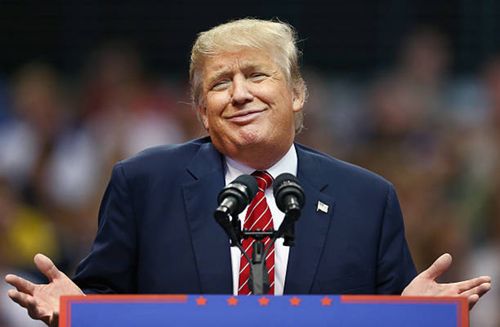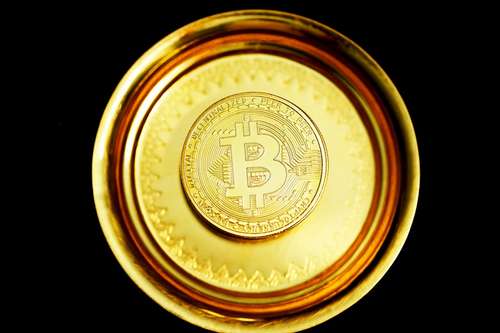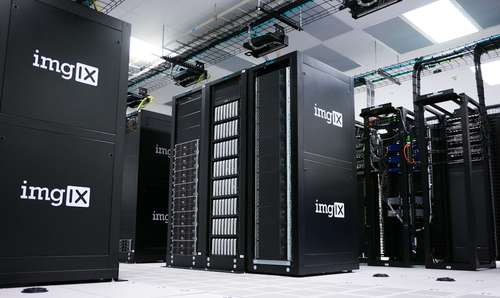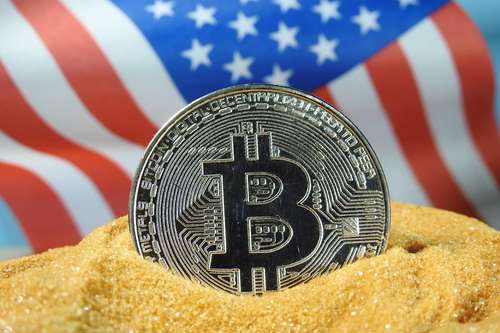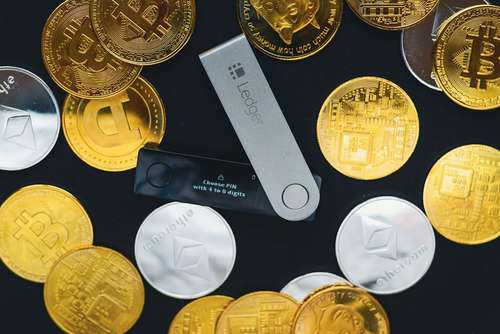The world of finance has been abuzz as Donald Trump, following his November election victory, confirmed plans to establish a U.S. Bitcoin Strategic Reserve. This move, likened to America’s oil reserve, is designed to position the U.S. as a leader in the crypto landscape. The announcement has already driven Bitcoin past the $100,000 mark and raised expectations for even greater price surges.
Trump’s proposal would see the U.S. government holding Bitcoin as a strategic financial asset, similar to its current reserves of gold and oil. The plan highlights Bitcoin's role as a hedge against inflation and a tool for financial independence in a world where fiat systems face mounting challenges.
"We’re going to do something great with crypto because we don’t want China or anyone else getting ahead," Trump explained in a CNBC interview. His administration's focus is to ensure the U.S. capitalizes on Bitcoin's potential to diversify reserves and drive economic growth.
This concept isn’t entirely new; it builds on Senator Cynthia Lummis's proposed BITCOIN Act, which suggests purchasing 1 million Bitcoin over five years. The aim of these U.S. cryptocurrency plans is to offset the $35 trillion national debt while securing a lead in the digital finance race.
Bitcoin Price Predictions and Market Sentiment
Following Trump’s confirmation of his Bitcoin strategy, the cryptocurrency reached an all-time high of over $100,000. Analysts now predict Bitcoin could eclipse gold's $16 trillion market cap, with long-term forecasts projecting prices above $800,000 per coin.
Prominent crypto advocates, including Perianne Boring of the Digital Chamber of Commerce, have pointed out Bitcoin’s fixed supply as a key factor behind these forecasts. "The stock-to-flow model supports the idea of Bitcoin surpassing $15 trillion in market cap, making it the ultimate store of value," she noted.
This excitement isn’t limited to the crypto space. Wall Street giants have expressed increasing interest in Bitcoin. Executives have also openly acknowledged FOMO, especially as institutional adoption accelerates.
Global Implications
The U.S. isn’t alone in exploring Bitcoin as a strategic asset. In Russia, lawmakers are pushing for a Bitcoin reserve, following President Vladimir Putin’s praise of the cryptocurrency as an alternative to foreign currency reserves. Russia’s move comes in response to Western-imposed sanctions and frozen foreign assets, highlighting Bitcoin’s potential role in bypassing traditional financial systems.
Trump’s announcement has amplified the idea of a “crypto cold war,” where nations compete to integrate Bitcoin into their economies. With countries like El Salvador adopting Bitcoin as legal tender and geopolitical rivals like China pursuing digital currency initiatives, the U.S. Bitcoin reserve plan could set a precedent.
What’s Next for the U.S. and Bitcoin?
If the Donald Trump Bitcoin Strategic Reserve is established successfully, it could redefine the financial strategies of nations worldwide. Beyond its economic impact, such a move could solidify Bitcoin’s position as a cornerstone of global finance.
The plan is bold but not without risks. Bitcoin’s volatility poses challenges, and critics argue it could expose national reserves to unpredictable swings. However, proponents believe the long-term upside outweighs these concerns. By leveraging Bitcoin’s fixed supply and growing adoption, the U.S. could secure a strategic advantage in the rapidly evolving digital economy.
